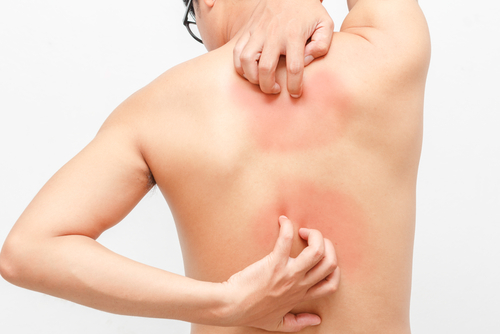Itchy skin, also known as pruritus, is an irritating and uncontrollable sensation that makes you want to scratch to relieve the feeling. The possible causes for itchiness range from internal illnesses, such as kidney or liver disease, to skin rashes, allergies, and dermatitis.


